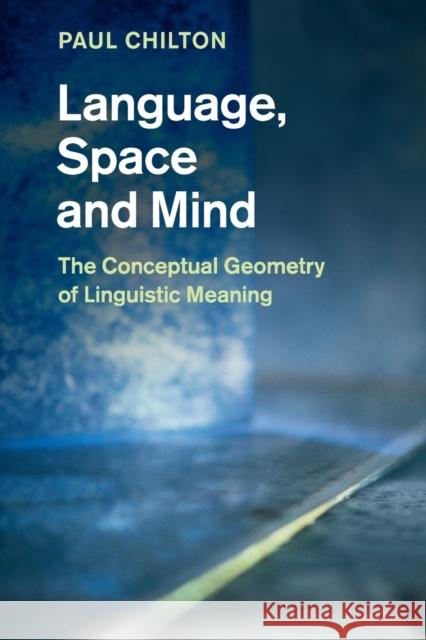Language, Space and Mind: The Conceptual Geometry of Linguistic Meaning » książka
topmenu
Language, Space and Mind: The Conceptual Geometry of Linguistic Meaning
ISBN-13: 9781108810388 / Angielski / Miękka / 2019 / 353 str.
Language, Space and Mind: The Conceptual Geometry of Linguistic Meaning
ISBN-13: 9781108810388 / Angielski / Miękka / 2019 / 353 str.
cena 181,90
(netto: 173,24 VAT: 5%)
Najniższa cena z 30 dni: 140,99
(netto: 173,24 VAT: 5%)
Najniższa cena z 30 dni: 140,99
Termin realizacji zamówienia:
ok. 16-18 dni roboczych.
ok. 16-18 dni roboczych.
Darmowa dostawa!
A new approach to linguistic meaning and grammatical constructions based on simple geometric principles.











